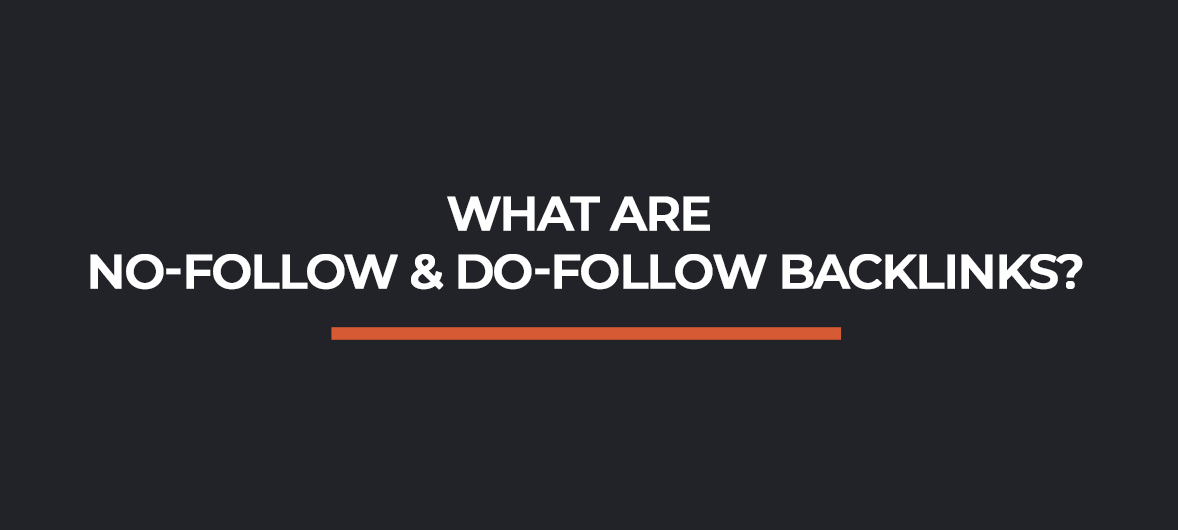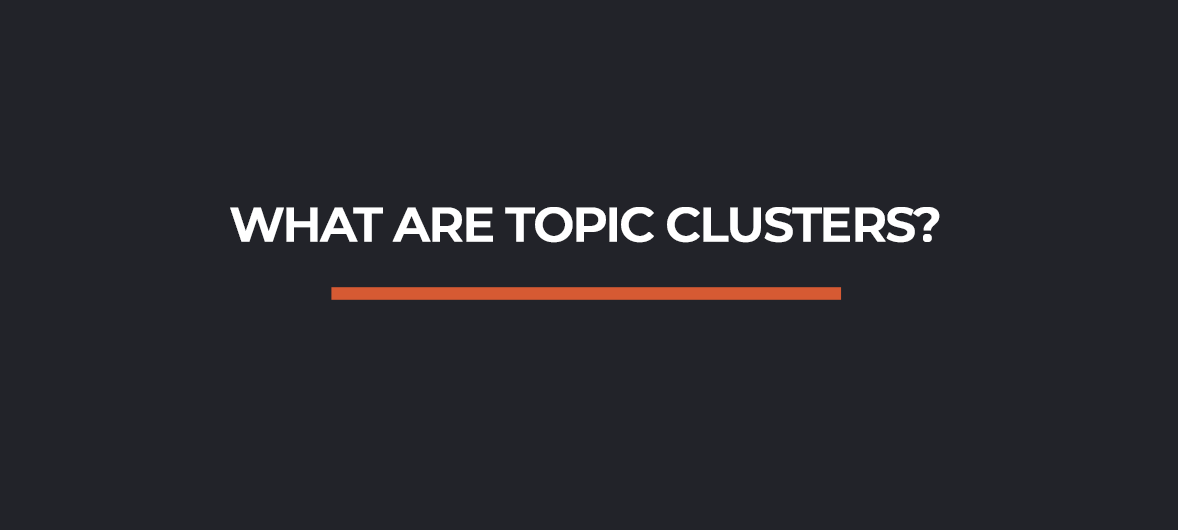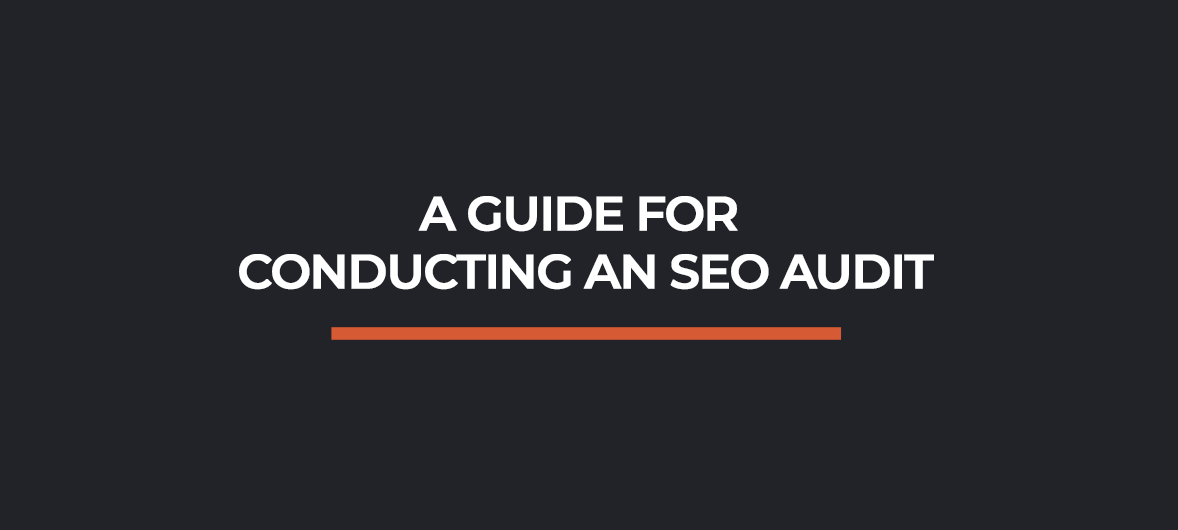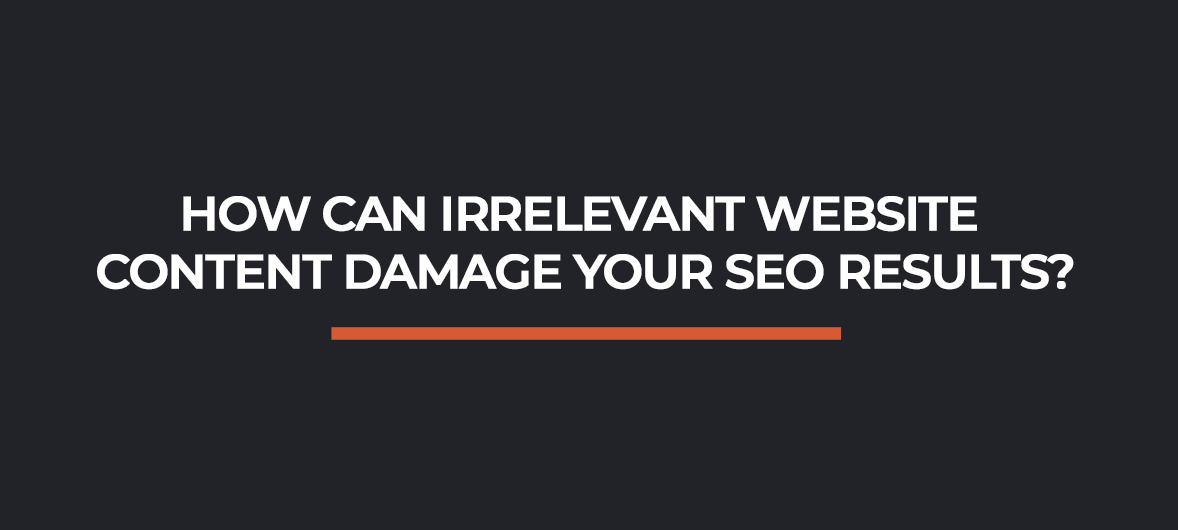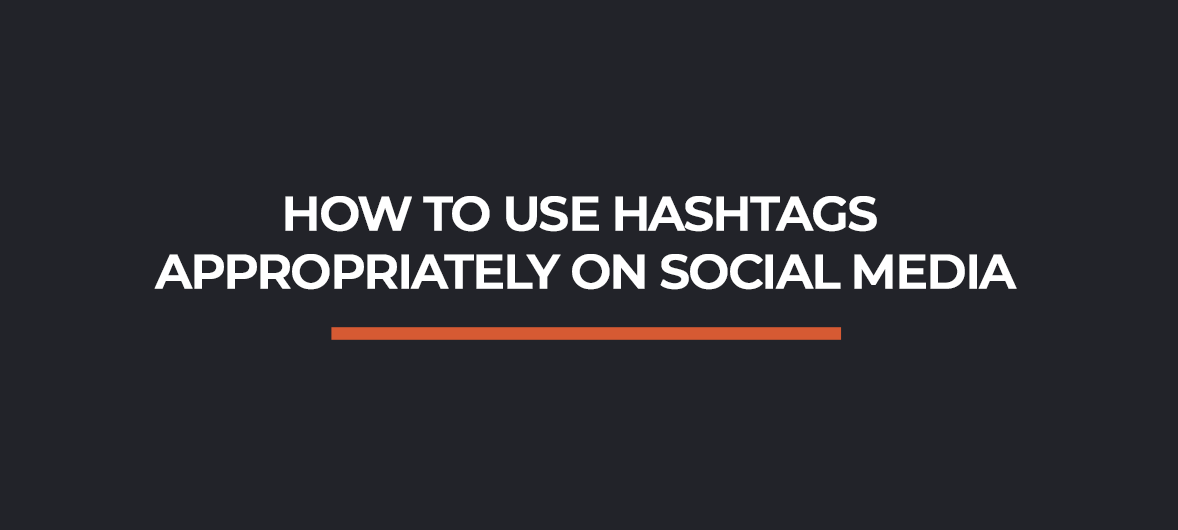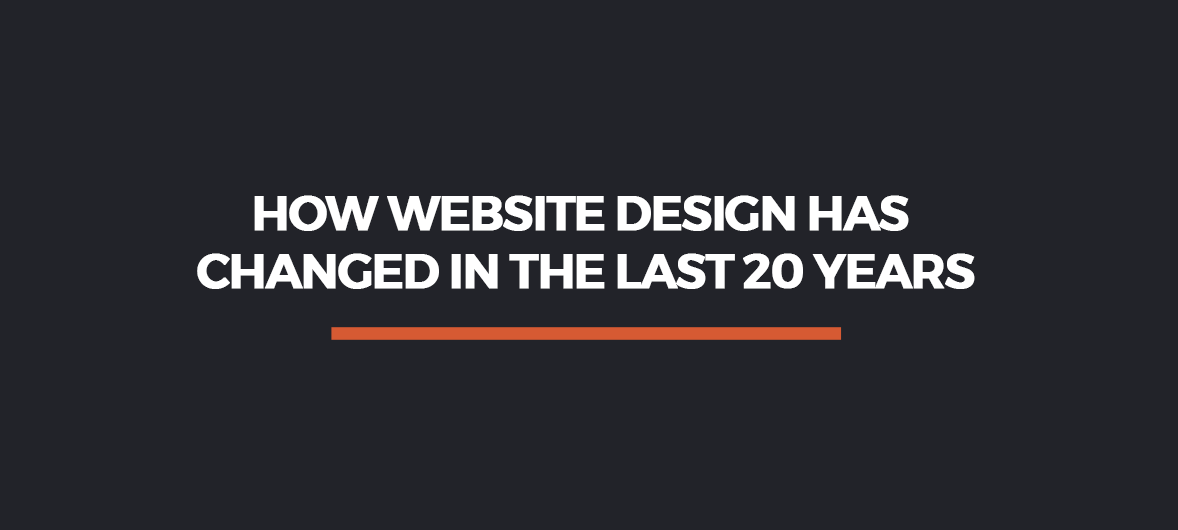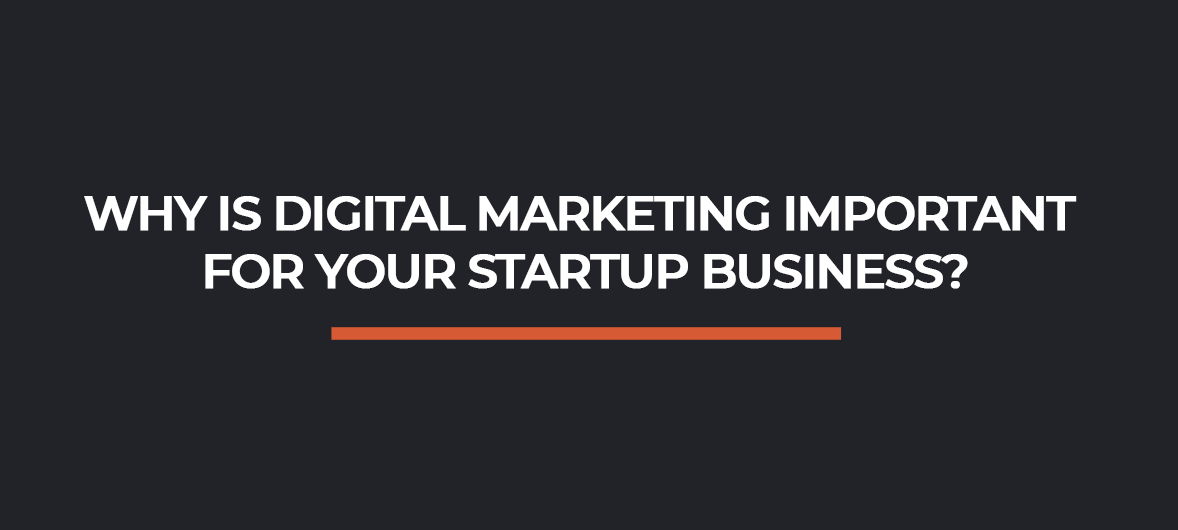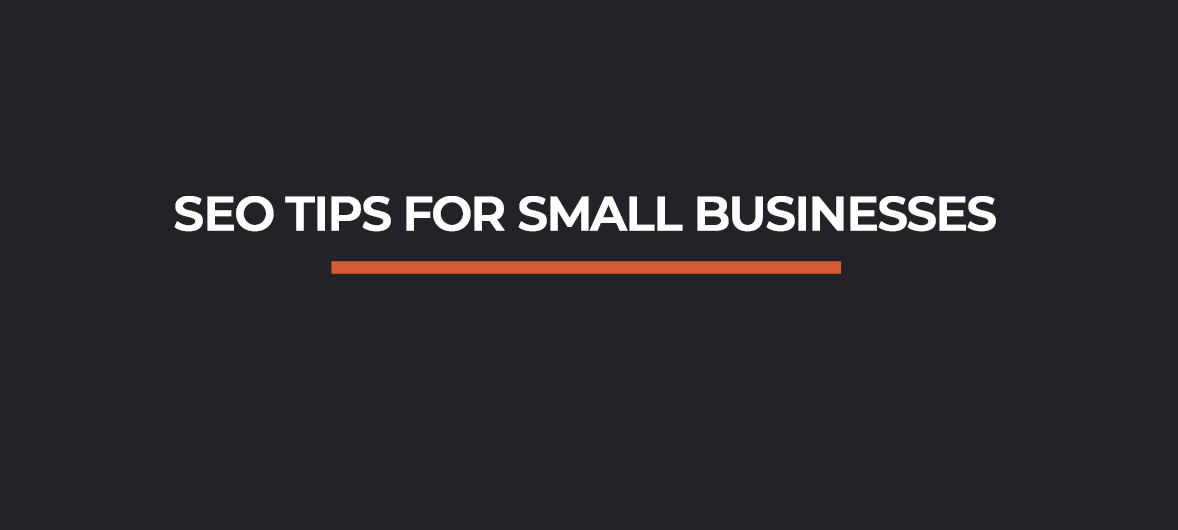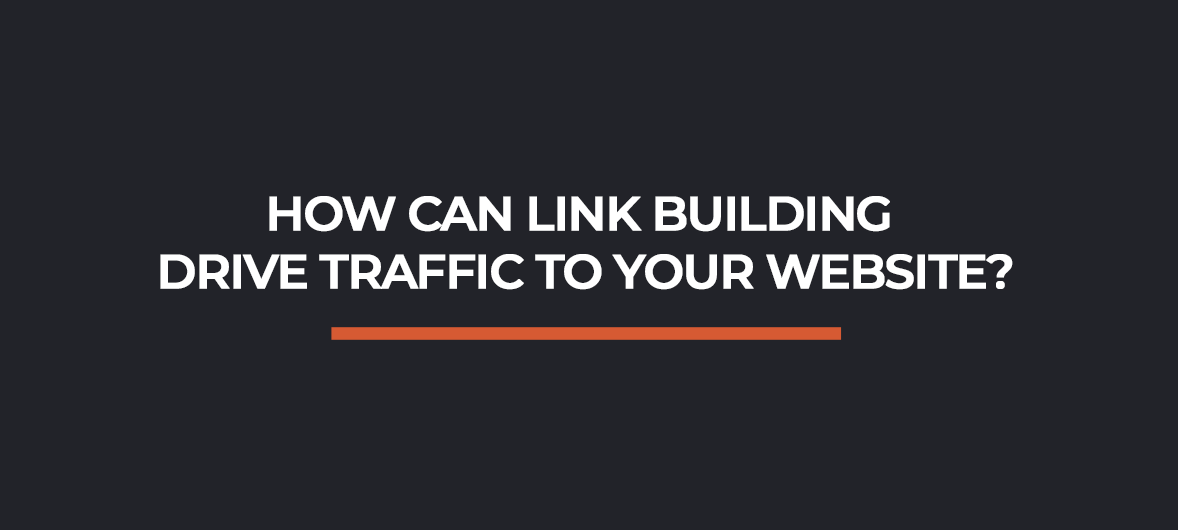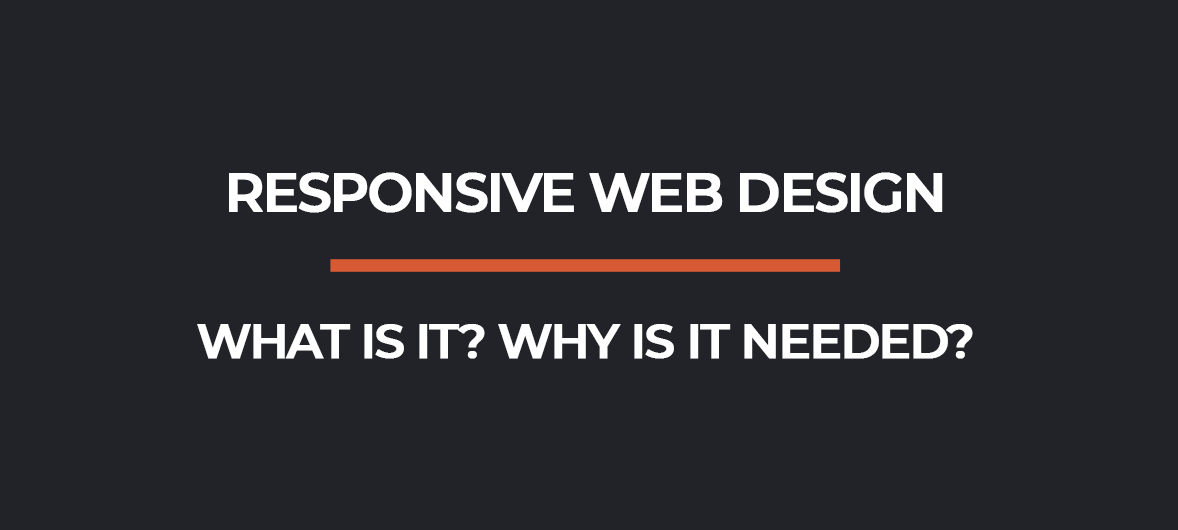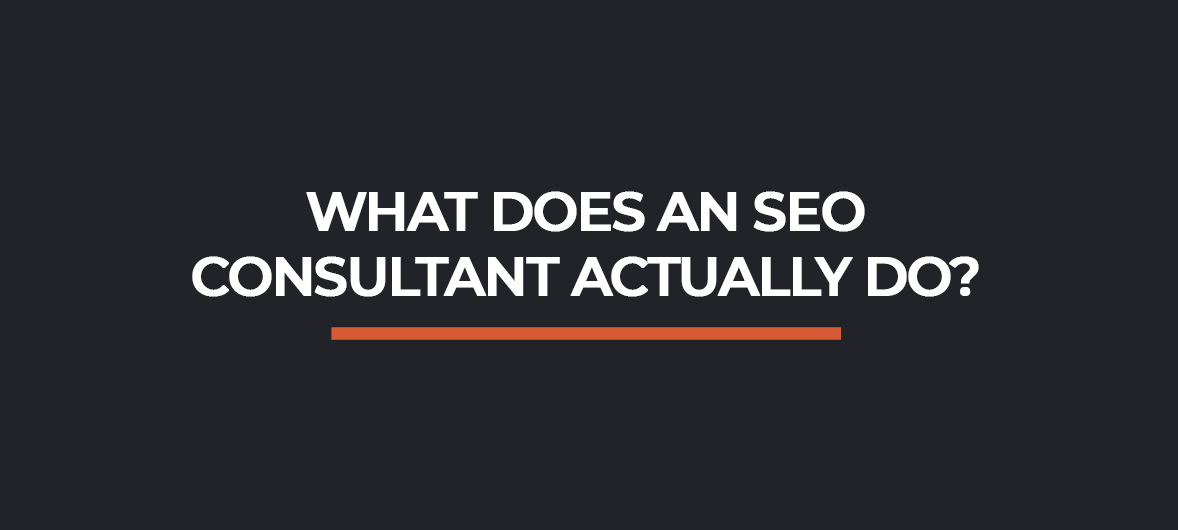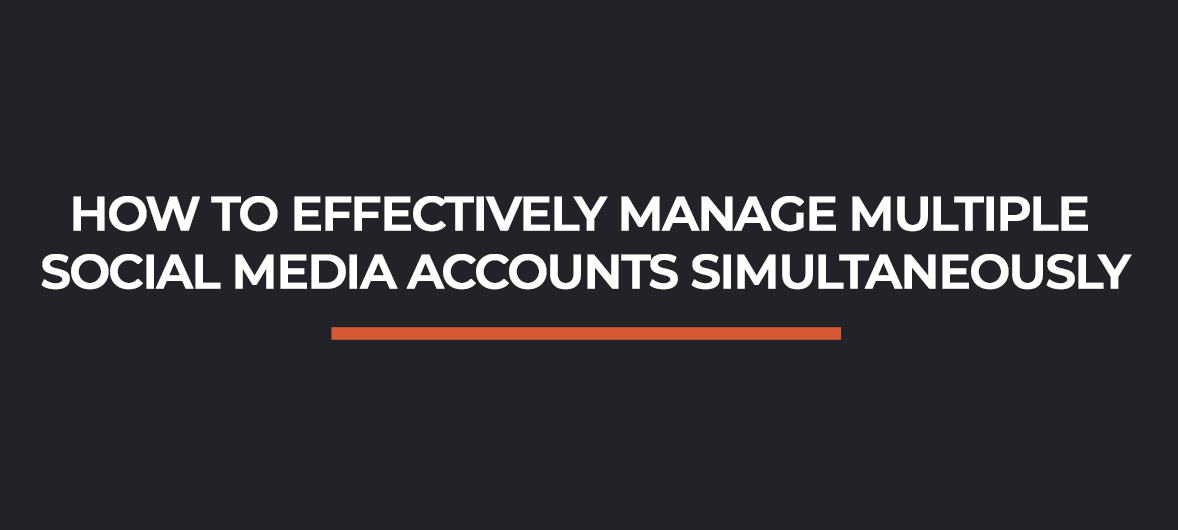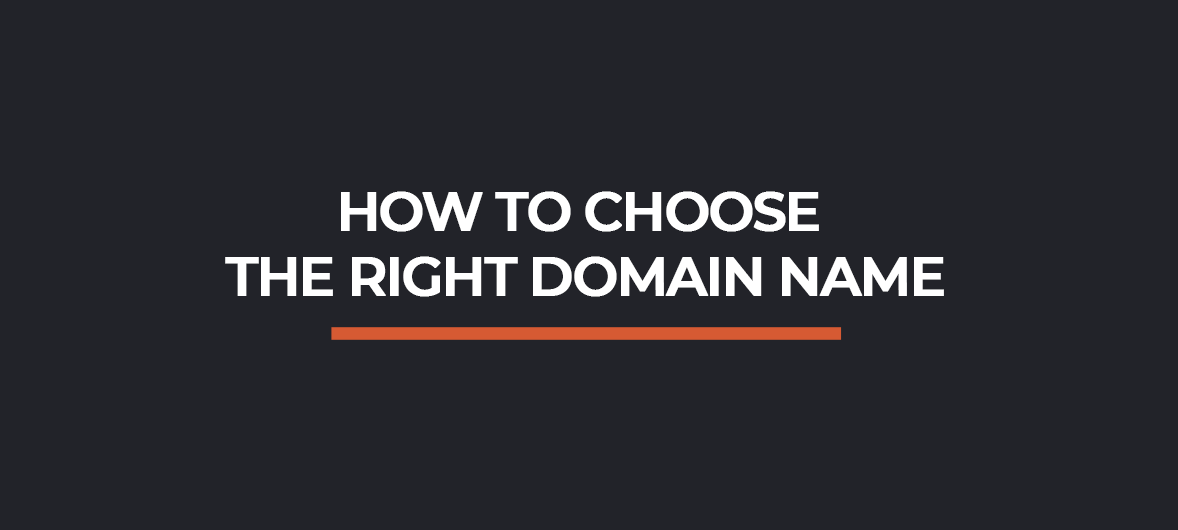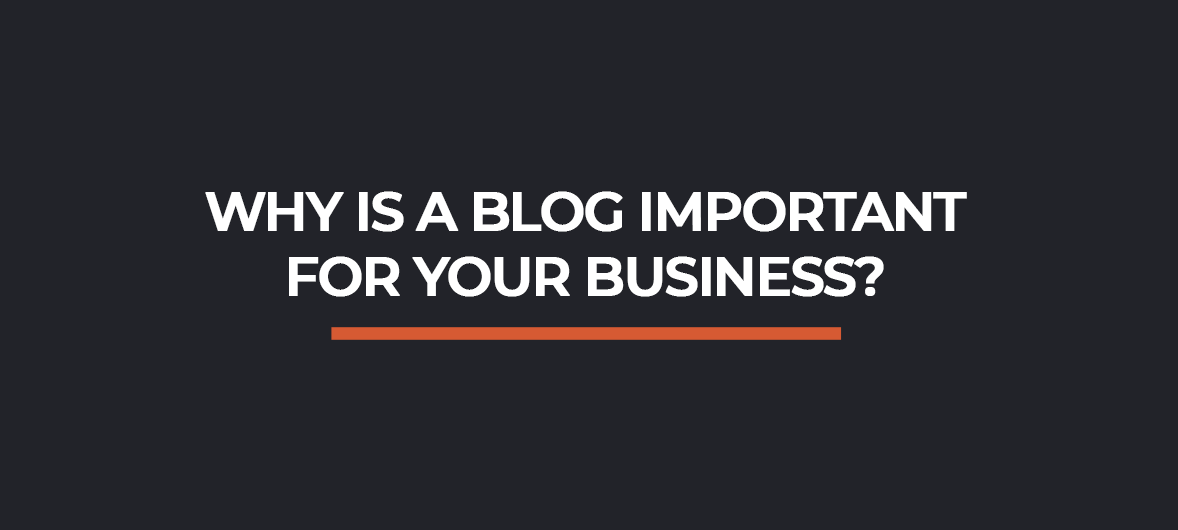So, it’s Friday the 13th February tomorrow, so here are 13 important questions to answer about every page on your website. Negative answers might mean there may be a problems with the SEO or User Experience offered by a specific page.
Asking these questions during an SEO audit is a good place to start, there may be more questions you can think of.
1) Which Keywords Are Being Targeted On Which Pages?
For an SEO specialist it is vital that he or she knows which keywords are being targeted on which pages of the website. This will help them gain control over the content of the site, help them to correctly link internal pages together and also help them determine which pages to link to externally.2) Is the Primary keyword targeted in the Title Tags and H1?
The primary keyword of the page should be targeted in both the Title tag and the H1. These two areas of code are highly important for the search engines, helping them to understand the topic of the web page.3) Does this page have sufficient content, is the word count high enough for SEO?
Word count is an important factor in SEO, these should be sufficient words on a page to be able to explain what that page is about. Some SEO’s suggest no less than 200 words, this is mainly to make sure these is a substantial amount of content to avoid Google seeing that page as being “thin” in content. There is now real set number you should follow, as long as you can fully explain the page topic.4) Is there duplicate content on this page from other internal pages and external websites?
Duplicate content can be catastrophic for the performance of a website in the SERPs. Having duplicate content on your website may cause the search engines to see your site as plagiarising another site. Google especially frowns upon this, in recent years they have factored duplicate content into their algorithms, and actively penalise websites for it.5) Are sufficient synonyms / keyword variants being targeted on the page and in the content?
Keyword variants and synonyms are an important part of SEO copywriting. They help the search engines understand the topic of a page, and also help make the content more user friendly and easier to read. The use of synonyms and keyword variants helps the content flow and gives it a more professional feel.6) Which page ranks for a given term? and is it the intended page?
Knowing which keywords are targeted on which pages of your website is vital (point 1). What happens if the page ranking for a term isn’t the intended page? Basically if this is the case the search engines are preferring another page on the website over your intended target. This is usually because the content is better, it’s higher up in the site architecture or there are more links pointing towards this page.7) Is the keyword used throughout the copy of the page?
Keyword placement in a page’s content is an important factor for SEO. Having an even spread of keywords being repeated a few times throughout the content, including the first, middle and last paragraphs of copy will ensure your keywords are distributed effectively.8) Are the same keywords being targeted on multiple pages? (Cannibalisation).
By targeting the same keyword across multiple pages on your website will water down its effectiveness. The search engines may constantly serve different pages to users when they perform a search, rankings for that phrase will usually fluctuate wildly. Cannibalising the effectiveness of your own SEO.9) Is the content performing its purpose? Does it inform the user and encourage conversions?
The ultimate aim of any website is to convert visitors into a business goal, it could be making a sale for eCommerce or generating a lead. If your website conversion rate is low one cause may be the quality of the page content. If the content is of a low quality or it isn’t engaging enough to visitors it may be bringing the conversion rate of the site down.10) Is the content on the page of similar or higher quality to that of the sites which outrank you? If not, why not?
The quality of your content should be similar or higher to that of the pages above you in the rankings. You should deserve to rank higher than them! Google looks for the quality of the content, if it is seen as being “thin content” or low quality they may penalise your website. Make sure your spelling and grammar are up to scratch.11) Does this page have internal links from other related pages on your website pointing towards it?
Internal linking is often overlooked by less experienced SEO specialists, it is important to create links to and from related pages on your website. Doing this helps the search engines understand the topic of the pages, it also helps users navigate the website to find the information they require.12) Is the page accessible by the spiders? And is it indexable?
This one is a basic check, are your pages accessible by the search engine spiders? Sometimes pages can be blocked, there are various methods of blocking a page from being indexed. These include:- meta robots tag with the “noindex” attribute
- Robots.txt disallowing certain pages
- Pages not being linked to from anywhere on the site, essentially invisible
- Pages not featuring in the sitemap.xml file

